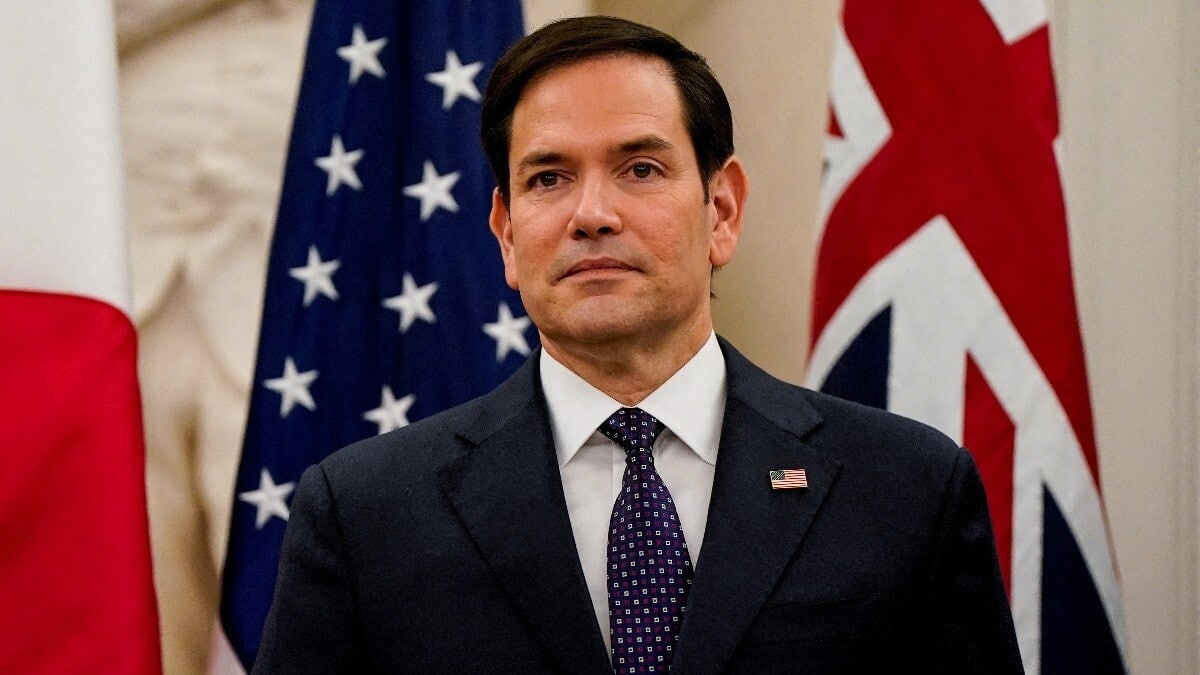
El Salvador agrees to house US deportees, including American criminals
What's the story
US Secretary of State Marco Rubio has announced that El Salvador's President Nayib Bukele has agreed to accept deportees from the United States, regardless of their nationality.
This includes "dangerous criminals currently in custody and serving their sentence in the United States even though they're US citizens or legal residents," Rubio announced.
He hailed this as "the most unprecedented, extraordinary migratory agreement anywhere in the world."
Prison proposal
El Salvador's mega-prison to house deported criminals
President Bukele has offered to house these convicted criminals, including US citizens, in El Salvador's mega-prison CECOT—for a fee.
While the fee would be relatively low for the US, it would be significant for El Salvador, making its prison system sustainable.
The deal is being viewed as a "safe third country" arrangement that would permit non-Salvadoran migrants arrested in the US to be deported to El Salvador.
Rights debate
Human rights concerns over El Salvador's deportation agreement
However, human rights activists have raised alarms over El Salvador's treatment of asylum seekers and refugees, saying it lacks a consistent policy.
They caution the deal may not just be restricted to violent criminals.
Manuel Flores of the Farabundo Marti National Liberation Front slammed the scheme, implying it portrays Central America as Washington's "backyard to dump the garbage."
Diplomatic discussions
Rubio witnesses US-funded deportation flight, discusses China's presence
During his visit, Rubio also saw a US-funded deportation flight from Panama to Colombia with 43 migrants detained after crossing from Colombia.
According to the State Department, such deportations send a strong deterrent message.
The US has given Panama financial support totaling about $2.7 million since an agreement was reached to cover the flights and tickets.
Agency upheaval
Turmoil at USAID following Musk's announcement
Meanwhile, chaos reigned in Washington at the US Agency for International Development (USAID) after Elon Musk announced a deal with Trump to shut down the agency.
Thousands of employees have been laid off and programs have been halted.
Rubio also told reporters in San Salvador that he was now the acting administrator of USAID but had delegated that authority so he would not be running its day-to-day operations.
He hinted that some programs might continue under new configurations.